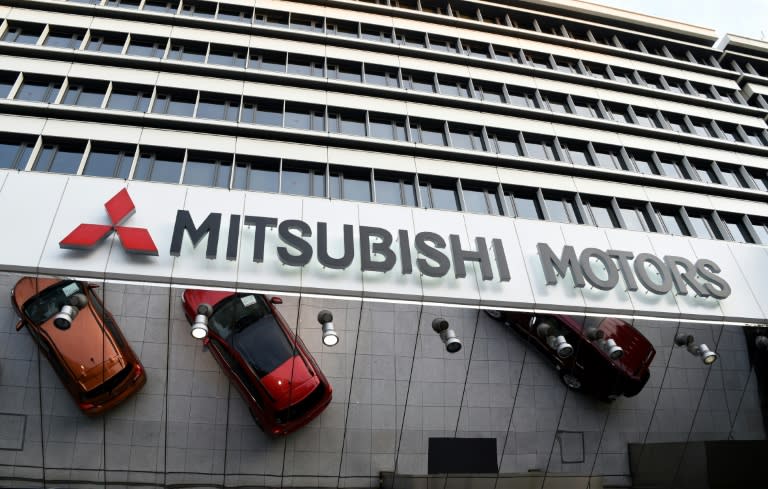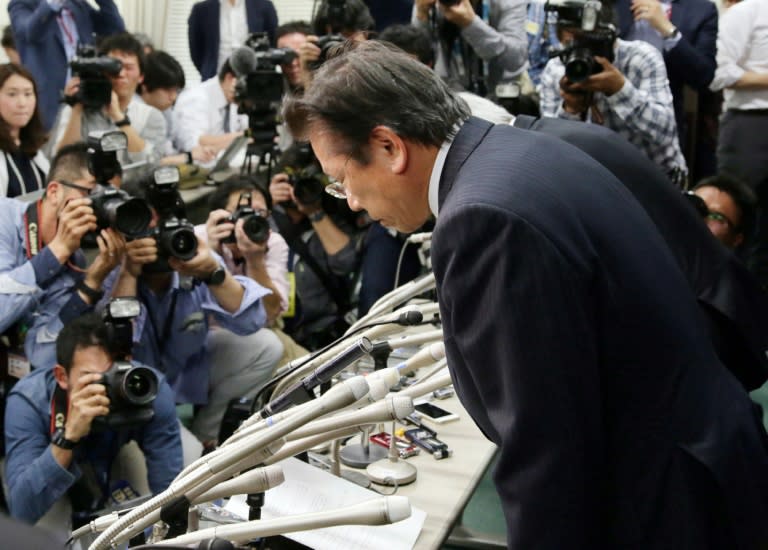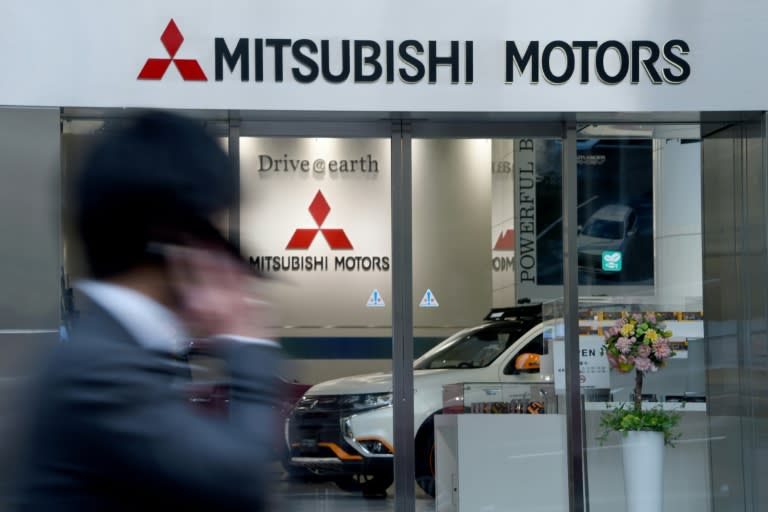Future of scandal-hit Mitsubishi Motors in doubt -- again
Sales are falling off a cliff. Its reputation is in tatters. And even its top executive is talking about whether the automaker will survive. Mitsubishi Motors' future is hanging in the balance for the second time in a decade after a bombshell admission that it has been cheating on fuel-economy tests for years. The crisis is threatening to put the company into the ditch permanently, but some analysts think the vast web of shareholdings among Japanese firms may just save it from the scrap yard. "I really think the future of Mitsubishi Motors is grim," said Hideyuki Kobayashi, a business professor at Hitotsubashi University, who authored a book about the company's struggles with an earlier cover-up. "It would be silly to buy a Mitsubishi car after this (scandal). This isn't the first time this has happened." In 2005, the maker of the Outlander SUV and Lancer cars was pulled back from the brink of bankruptcy after it was discovered that it covered up vehicle defects that caused fatal accidents. The vast Mitsubishi group of companies stepped in with a series of bailouts, saving the embattled firm. But it is not clear if they would be so willing to help this time around as the automaker faces possibly huge fines, lawsuits and customer compensation costs. The scandal has shone a light on the cozy relationships between Japanese firms -- including the big equity stakes they hold in each other -- which have come under renewed scrutiny in recent years. Critics say these mutual investments promote complacency and insulate mediocre management from criticism, while Japan's premier is pushing to unwind this web of investment ties to help improve the country's woeful corporate governance record. - 'Very disappointing' - Mitsubishi's president acknowledged this week that his firm's existence was "at risk", but its top shareholder revealed little about its intentions. "Mitsubishi Motors has come a long way since past problems, so this is very disappointing," said Shunichi Miyanaga, head of Mitsubishi Heavy Industries (MHI), which holds over 12 percent of the automaker's shares. "We need to think about the brand image of the Mitsubishi Group, its social responsibility and accountability for performance." The under-fire firm will also have to grapple with the likelihood of paying damages to Nissan. More than half of some 625,000 affected vehicles so far -- all mini-cars sold in Japan -- were produced for Nissan, which uncovered the problems with Mitsubishi's fuel-economy data. This week, Mitsubishi admitted its faulty testing stretches back a quarter century, longer than first thought, so the odds that cars sold overseas were involved has soared -- along with the potential scope of the crisis. Unnamed employees also falsified data to make cars look more fuel efficient than they were, it has said. "We don't have the full picture yet on how the company would compensate" customers, said Seiji Sugiura, a senior auto analyst at Tokai Tokyo Research Institute. "All Mitsubishi cars on the road right now could be subject to compensation costs, which would be massive." The company, which sold about one million vehicles globally last year, has the least amount of cash among Japan's major automakers and lacks the size of rivals such as Toyota and Honda to help weather the storm. Sales in Japan have dived by nearly half since the scandal broke last week, and the damage to its reputation threatens to hammer its finances. But "the Mitsubishi brand remains strong in foreign markets, especially in Thailand which has been a significant source of profit for the company. There is also a new factory in Indonesia", Sugiura said. "There is foundation to build a recovery if the company doesn't get entangled in wrongdoing overseas." A desperate Mitsubishi may also embrace a foreign suitor if top shareholders abandon it. Taiwan's Foxconn recently snapped up struggling electronics giant Sharp, although foreign takeovers of Japanese firms are rare. The stakes are high given the Mitsubishi companies' longstanding links, including distribution and product ties, according to Sugiura. "The group companies also have to protect their own interests," he said. "Lots of business would be affected in the group if the automaker collapses."




